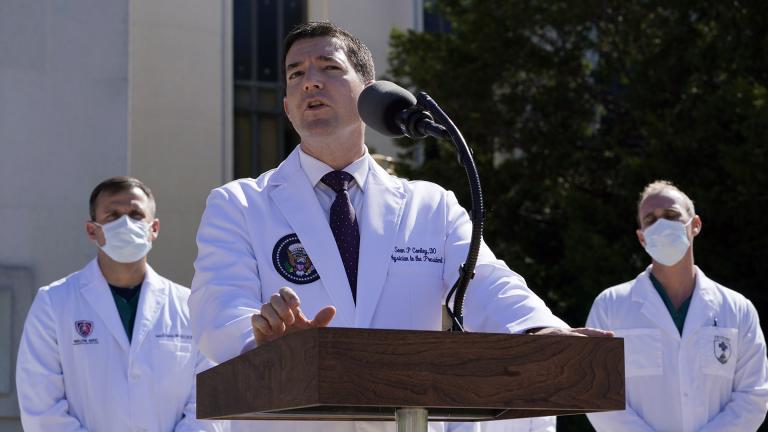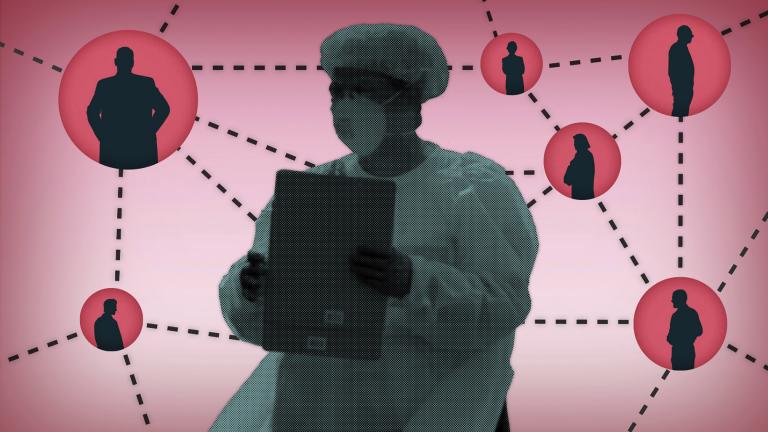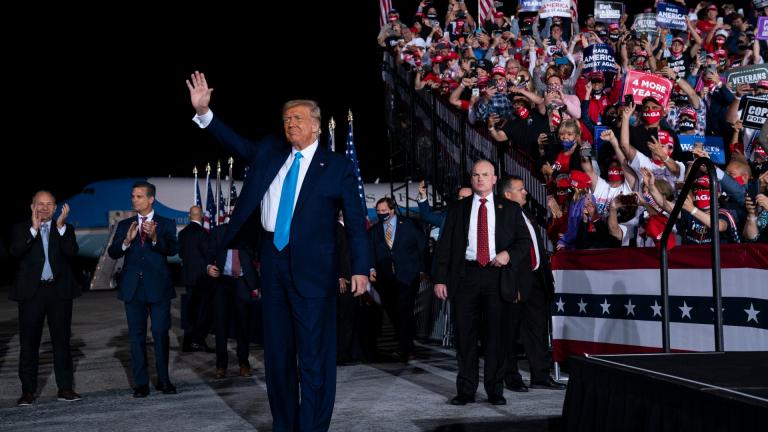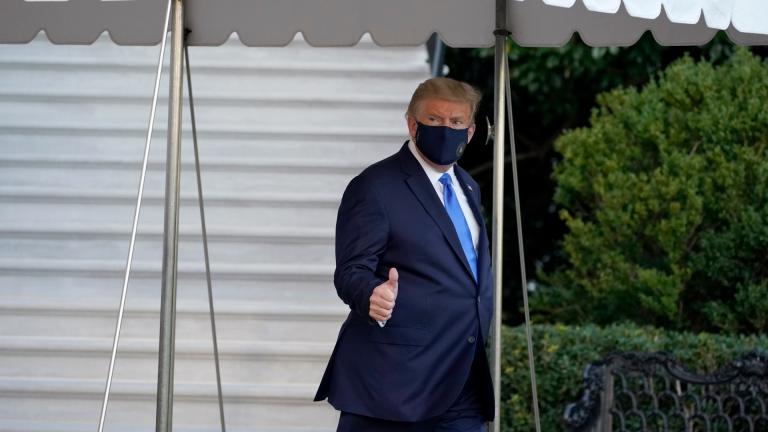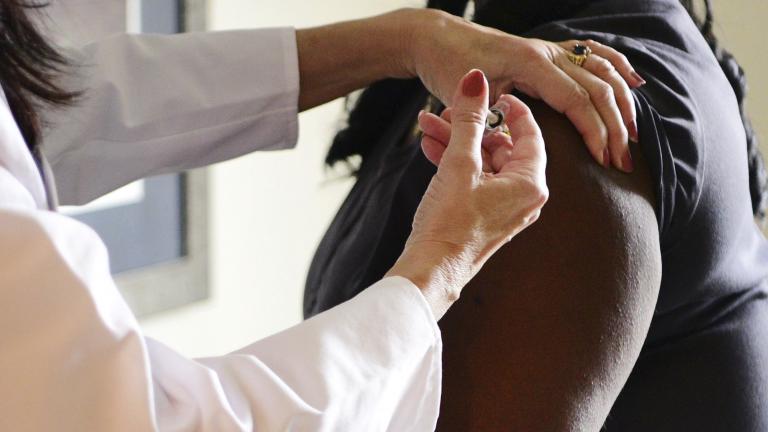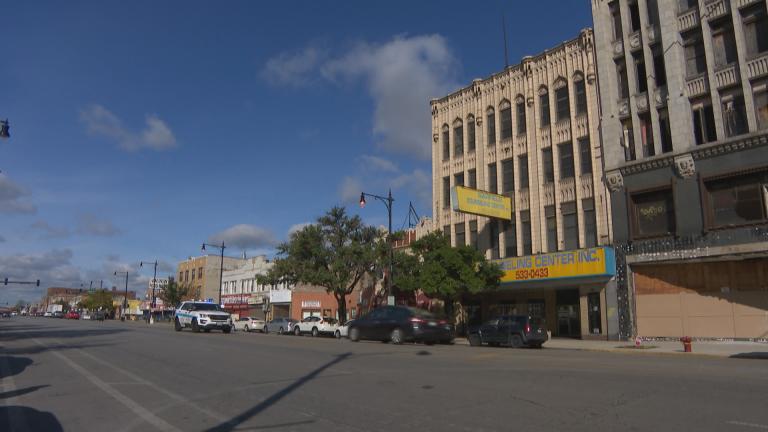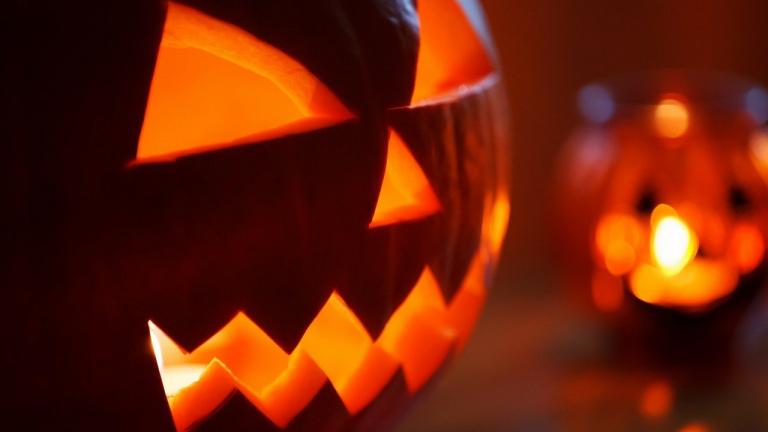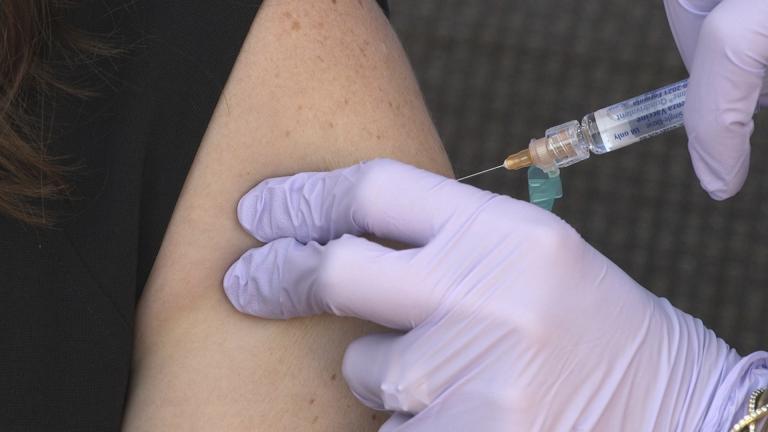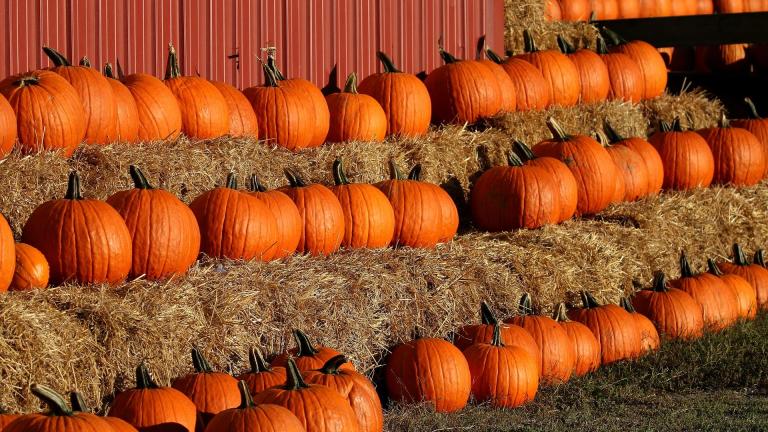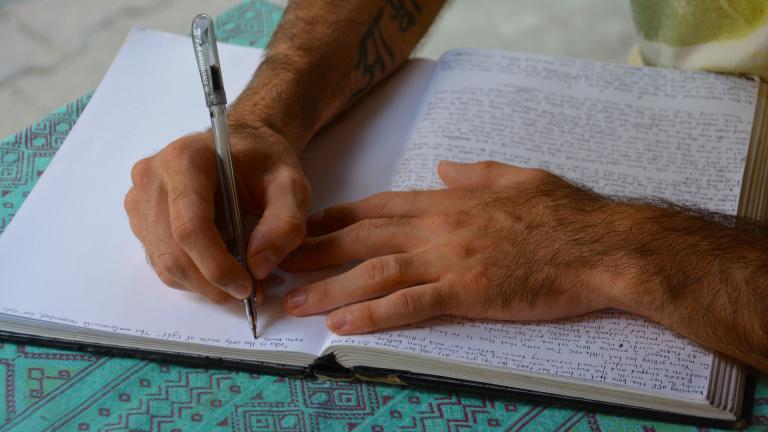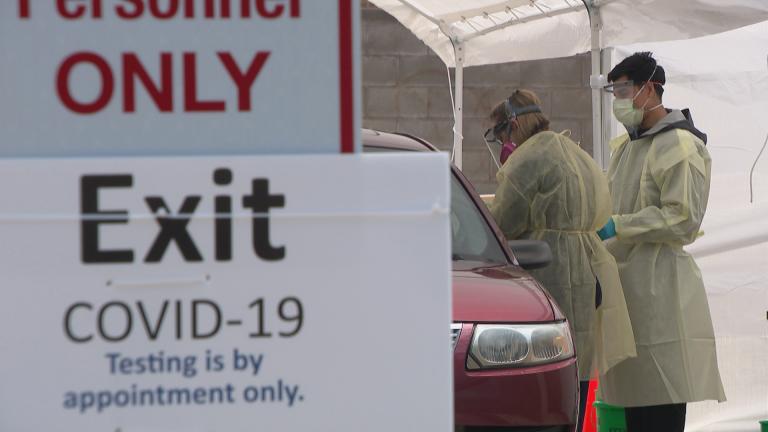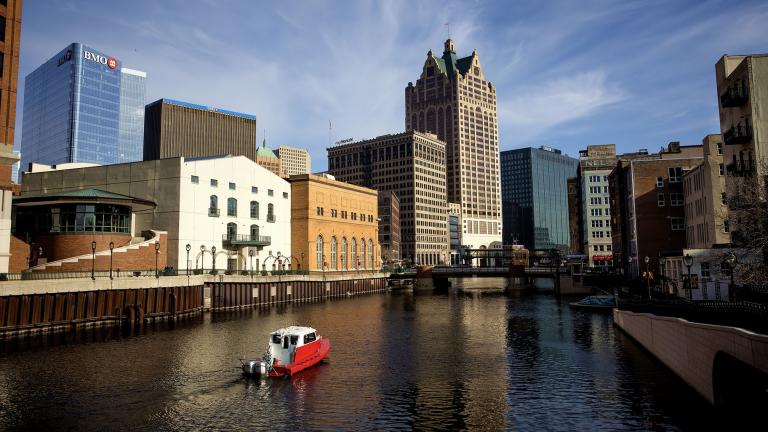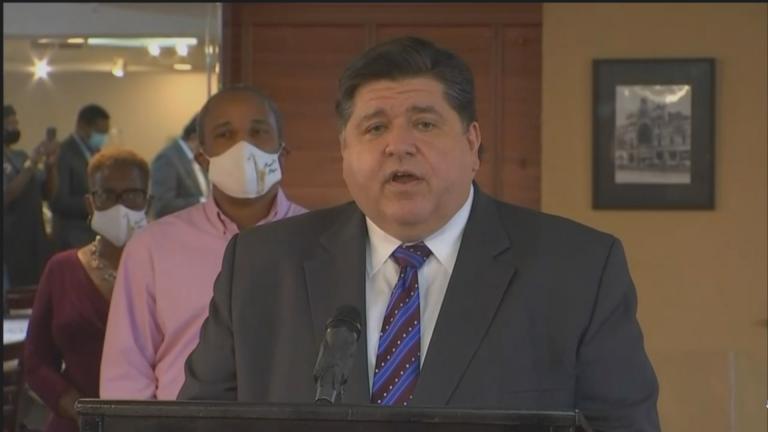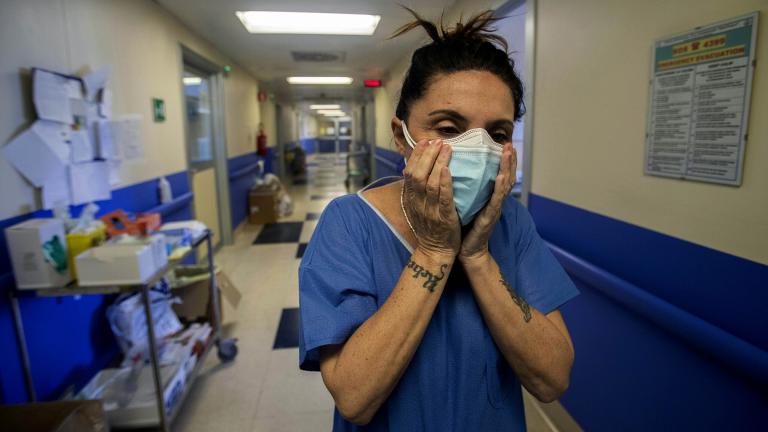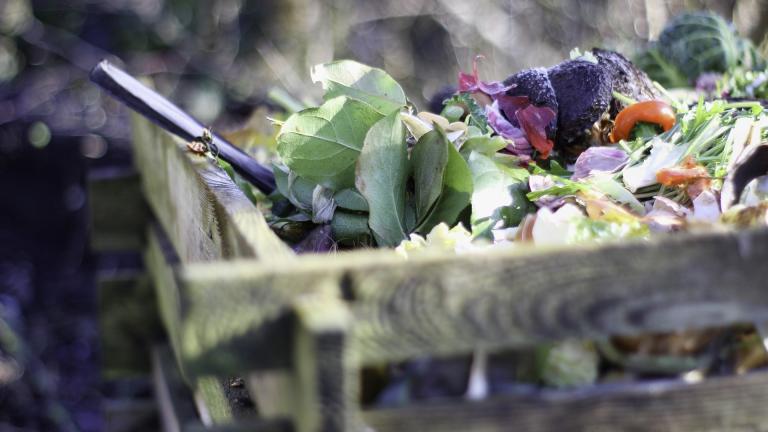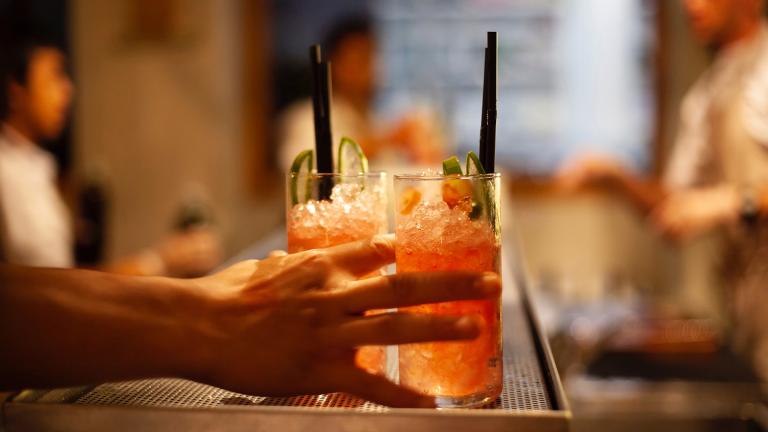Health
Trump said to be improving but next 48 hours ‘critical’
President Donald Trump went through a “very concerning” period Friday and faces a “critical” next two days in his fight against COVID-19 at a military hospital, his chief of staff said Saturday.
The goal of contact tracing is to alert people who may have been exposed to someone with the coronavirus, and prevent them from spreading it to others. But the process isn’t easy.
No one knows how, when or from whom President Donald Trump became infected. Nor is it established who, if anyone, has contracted the disease from him. But to retrace some of his steps over the last week is to see risk at multiple turns.
President Donald Trump will spend a “few days” at a military hospital after contracting COVID-19, the White House said Friday. Trump “remains fatigued,” his doctor said.
The coronavirus outbreak has hit Black, Hispanic and Native Americans disproportionately in hospitalizations and deaths. The disparities are thought to stem from people of color working in jobs on the front lines, having medical conditions associated with severe disease, higher rates of poverty and poor access to health care.
The community faces food insecurity, poverty and violence in addition to the coronavirus pandemic and fallout from this summer’s civil unrest. Meanwhile, residents have mobilized to support one another.
Trick-or-treating is not banned in the city, but groups should be limited to no more than six people that stay on the move, according to the guidelines.
October is prime time for flu vaccinations, and the U.S. and Europe are gearing up for what experts hope is high demand as countries seek to avoid a “twindemic” with COVID-19.
Trick-or-treaters and those passing out candy should maintain 6 feet of social distance and wear face coverings. Costume masks are not a substitute for cloth masks, according to guidance released by state health officials.
Share your experiences through written stories, art, videos and more. “This is a case where if you save it, I’m happy to receive it,” said Eileen Ielmini of the University of Chicago Library’s Special Collections Research Center.
The COVID-19 pandemic brings with it a host of related mental health issues for many people, such as increased stress and anxiety. Seasonal depression could soon be another problem facing Chicagoans.
Visitors from Wisconsin to Chicago will continue to be required to quarantine for two weeks in an effort to stop the spread of the coronavirus, as the northeast part of the state experiences a surge of cases and hospitalizations.
The staffer who was diagnosed with COVID-19 had close contact with Gov. J.B. Pritzker on Wednesday in Chicago, on Thursday in Marion and on Sunday in Marseilles, according to Pritzker's office.
The bleak milestone comes nine months into a crisis that has devastated the global economy, tested world leaders’ resolve, pitted science against politics and forced multitudes to change the way they live, learn and work.
Tuesday marks the first ever International Day of Awareness of Food Loss and Waste, so let’s talk about the produce that spoiled in your refrigerator and the unopened cans you trashed because they were past their “expiration date.”
Chicago bars will once again be able serve customers indoors starting Thursday, as Mayor Lori Lightfoot moved to lift restrictions after a drop in the number of confirmed cases of the coronavirus.

